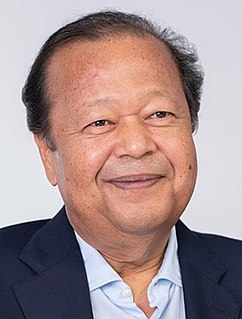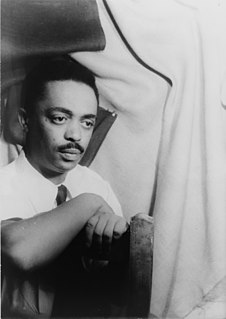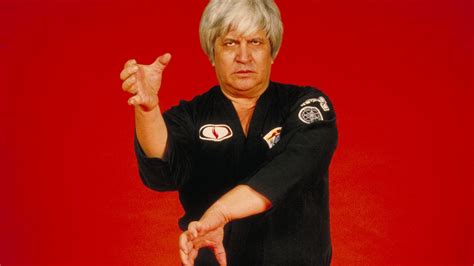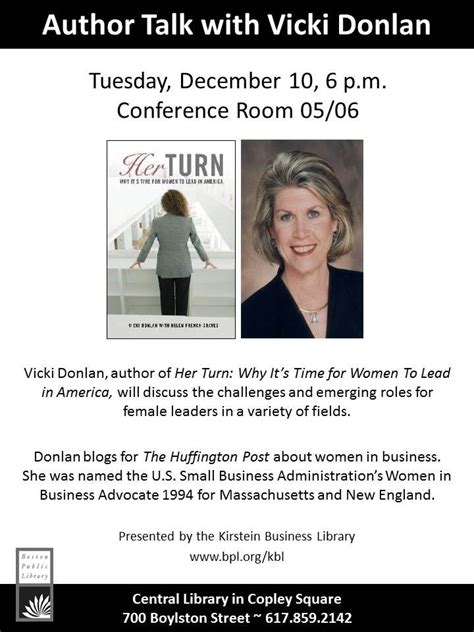A Quote by Laurell K. Hamilton
Questions are great, but only if you know the answers. If you ask questions and the answers surprise you, you look silly.
Related Quotes
Indeed, the only truly serious questions are ones that even a child can formulate. Only the most naive of questions are truly serious. They are the questions with no answers. A question with no answer is a barrier that cannot be breached. In other words, it is questions with no answers that set the limit of human possibilities, describe the boundaries of human existence.
I read once, which I loved so much, that this great physicist who won a Nobel Prize said that every day when he got home, his dad asked him not what he learned in school but his dad said, 'Did you ask any great questions today?' And I always thought, what a beautiful way to educate kids that we're excited by their questions, not by our answers and whether they can repeat our answers.
So when I say that I think we would have a different ethical level, particularly in corporate America, if there were more women involved, I mean that what women are best at is asking questions. Women ask questions over and over again. It drives men nuts. Women tend to ask the detailed questions; they want to know the answers.






































